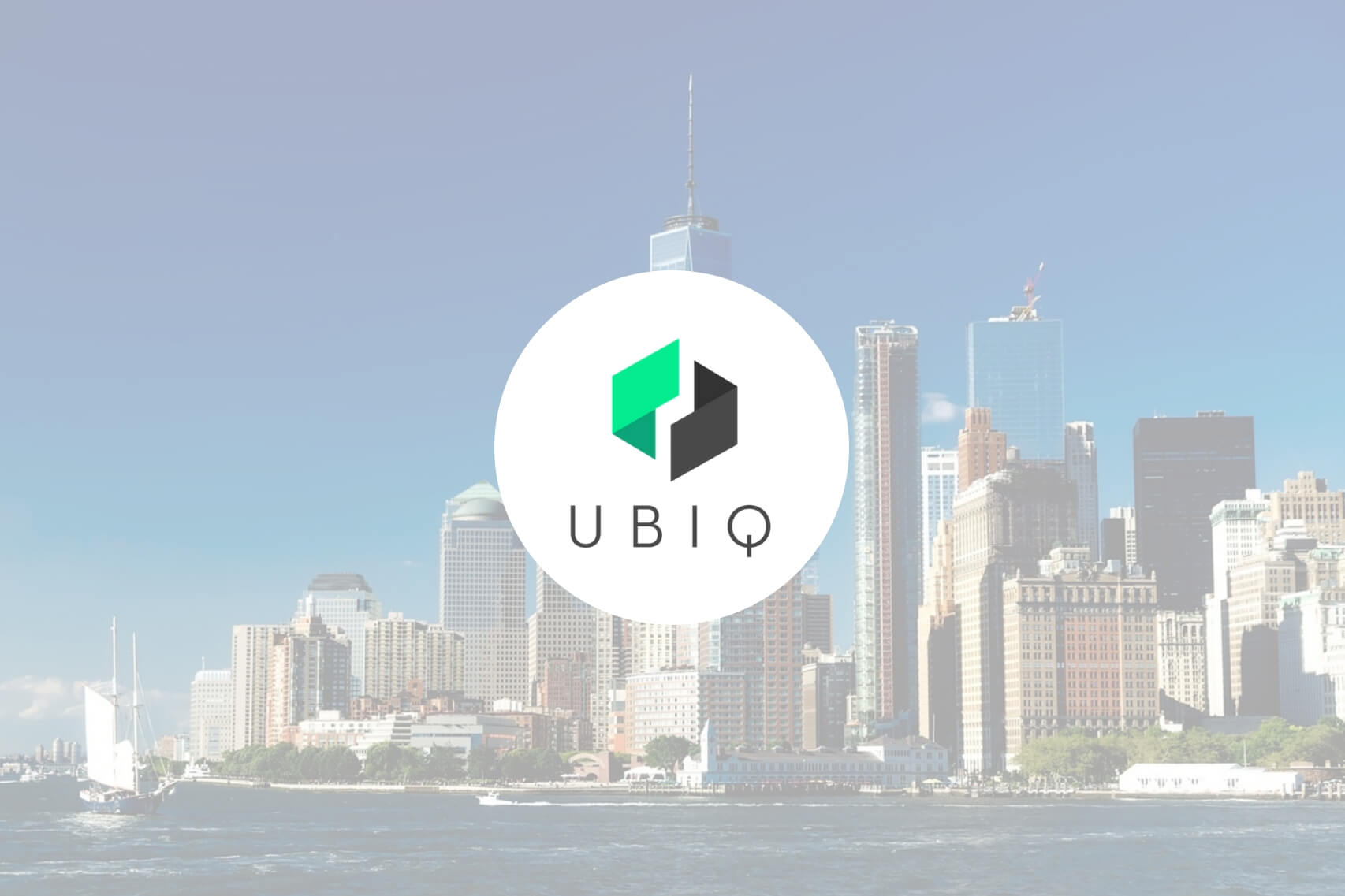The number of altcoins in the market has grown dramatically in recent times. With this comes an increased possibility of bad actors entering the space.
Mining rental services allow entities to temporarily access huge quantities of mining power and overwhelm network miners, leading to the much feared 51% attack.
Several coins have already been attacked by this method in 2018, with millions of coins being stolen and in some cases performing an emergency hard-fork and switching from Proof-of-Work to Proof-of-Stake.
What is a 51% attack?
A 51% attack is where a single entity gains control of over 51% of the network hashrate, therefore allowing that entity to have complete control of the transactions recorded on the network. This can quickly lead to the controlling entity sending a deposit to an exchange, selling the coin and withdrawing, reversing the transaction and spending it again.
The pervasive use of the Ethash Proof-of-Work algorithm among many cryptocurrency platforms has encouraged a rental market for Ethash to flourish.
The current state of the Ethash rental market facilitates bad actors in their targeting of projects that fit a desired criteria. These criteria include, but are not limited to, the current market value of the coin; the exchange markets available; the availability and cost of purchasing sufficient rental hashpower to achieve 51% of the total network hashpower; and a malignant motive.
Enter Ubqhash
The Ubiq core developers identified this as a serious threat to the stability of the network and swiftly consulted the Ubiq community for direction. They immediately proposed a vote on the Escher Ubiq Governance system (Escher), which permits holders of the Escher voting token a vote on platform proposals.
The idea behind the proposal was to change the hashing algorithm away from Ethash, thus potentially mitigating the threat vector from rental services.
 UIP1 Passing with a consensus of 95.72%
UIP1 Passing with a consensus of 95.72%
Once the vote passed, the development team immediately put their efforts behind coding the new algorithm.
The team decided on calling the new algo “Ubqhash.” As Ethash is to Ethereum, Ubqhash is to Ubiq.Initial coding has recently completed and Ubqhash is in the testing phase, with many volunteers from the Ubiq community stepping forward to mine the new algo on the testnet.
The team has also created Ubqminer, which is a fork of Ethminer and is used for mining.
Why is This a Big Deal?
Ubiq having its own hashing algorithm is a big deal for two major reasons.
First, it separates Ubiq from other Ethereum forks, as they are the first Ethereum Virtual Machine (“EVM”) to change their algorithm in this way. Since Ubqhash is not an available rental hash option, chain security is increased and the possibility of 51% attacks from mining rental services is mitigated.
This change will also lead to greater independence for the mining ecosystem, meaning you will have fewer miners switching to the most profitable Ethash coin when prices fluctuate favorably. With Ethereum’s anticipated switch to a Proof-of-Stake consensus mechanism, miners may consider mining Ubiq as a safer alternative when parking their hashing power.
Second, it demonstrates the strength of Ubiq’s community support and governance participation toward platform development. Over 56% of the community took part in the voting process and selected an option in an overwhelming consensus (over 95%), which the development team immediately responded to an implemented.
In the cryptocurrency space, an effective governance system that captures the will of its participants is an overlooked and undervalued asset. Effective and responsive governance allows all participants to have their voice heard and feel like their opinion matters.
This is why I love the Ubiq project so much — we are all responsible for deciding the shape this platform takes. A dedicated community will always be there to support growth and adoption.
 Contributed by Kris Lester
Contributed by Kris Lester
Kris has been working in the tech industry for over a decade, with new and innovative technologies, most recently becoming a fan of the revolutionary potential of the Blockchain. He is Ubiq’s Community Manager and a long-standing member of their community.

